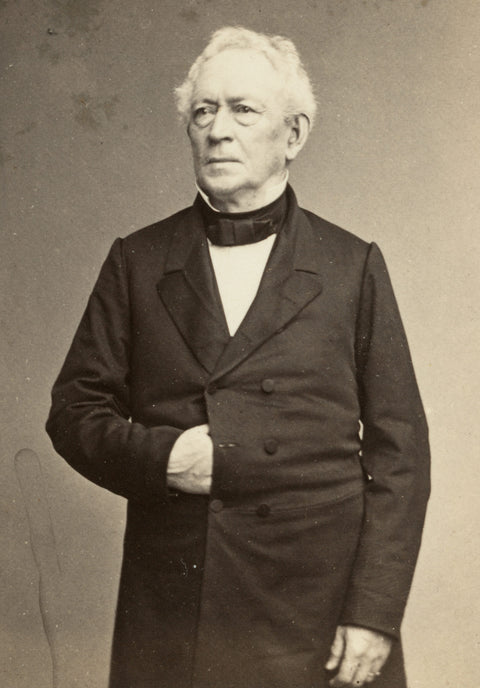
The Other Speaker
Abraham Lincoln’s Nov. 19, 1863, Gettysburg Address has gone down as one of the most famous passages in American history, memorized and recited innumerable times. But what of the speaker that preceded Lincoln, Edward Everett? His two-hour address is now forgotten, but at the time it was hailed as the oratorical masterpiece of that auspicious day in a Pennsylvania cemetery filled with war dead.
The thought of sitting through a two-hour speech is enough to make the most modern patient listener squirm, but at the time lengthy speeches were common forms of entertainment. Think of it…no movies, social media, or TV, no mass sporting events or music concerts. Speaking events gave 19th century Americans a chance to get out of the house and mingle with neighbors.
And Everett was no slouch as a speaker. In fact, the Gettysburg Address was just a blip in his long and distinguished career. Born in 1794 in Massachusetts, Everett had been a minister before the Civil War, a member of the Whig party, a U.S. representative, senator, the governor of his home state and minister to Great Britain. In the early 1850s, he had been President Millard Fillmore’s Secretary of State.
An avid Unionist, he ran on the 1860s Constitutional Union ticket, and though he lost, he threw his efforts behind the Lincoln administration and spoke on its behalf throughout the war. He died in January 1865, not knowing the outcome of the conflict, but knowing he had served his country as best he could.
historynet magazines
Our 9 best-selling history titles feature in-depth storytelling and iconic imagery to engage and inform on the people, the wars, and the events that shaped America and the world.
